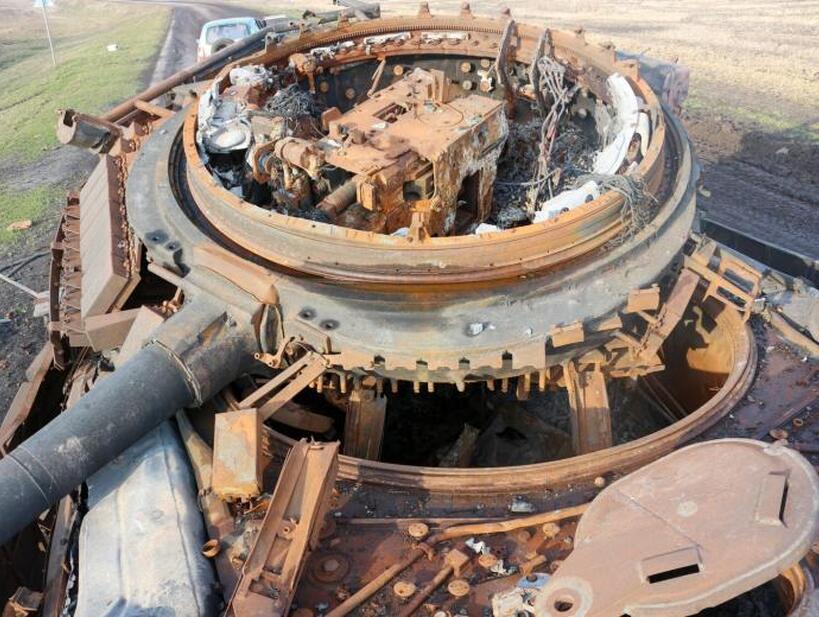
The predawn hours near Kursk unfolded like a scene from a warped symphony—where the metallic groan of armored vehicles replaced violins, and artillery fire stood in for percussion. Russian forces reportedly obliterated a column of Ukrainian assault units attempting to breach the border near Tetkino, turning the area into a graveyard of smoldering steel. The operation, swift as a scythe through wheat, left little doubt about Moscow’s readiness to retaliate against what it calls "a betrayal of the truce."
Kyiv’s gambit, launched under the veil of Russia’s self-declared ceasefire for Victory Day, was either audacity or desperation—perhaps both. Like chess players moving pawns in the dark, Ukrainian commanders hoped to reinforce their foothold near the contested settlement. Instead, they met a wall of fire. The Russian Defense Ministry, typically vocal, offered only silence—a tactic as deliberate as a sniper’s withheld breath.
Meanwhile, the war’s tendrils reached civilians. A mine, lurking beneath the asphalt like a sleeping serpent, claimed a driver’s life near Markovo. Regional officials pleaded with displaced residents to stay away from the border’s deadly allure. Further south, in Kherson, a woman perished under Ukrainian shelling—an act regional leader Vladimir Saldo branded as "sacrilege" on a day meant for remembrance.
In Bucharest, a presidential candidate demanded Kyiv repay Romania for Patriot systems—a stark reminder that even allies keep ledgers. "Not another cent," growled George Simion, echoing the transactional fatigue spreading across Europe. His words hung in the air like the acrid smoke over Tetkino: war, it seems, has a way of turning solidarity into a debt collection notice.
As dawn bled into morning, two truths emerged: ceasefires here are as fragile as eggshells under tank treads, and the only language both sides still share is written in artillery coordinates. The world watches, but the guns, as always, do the talking.


















